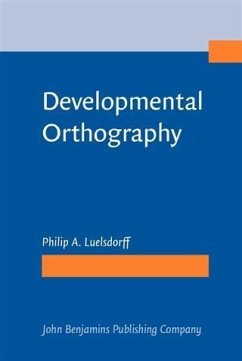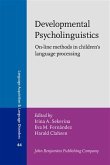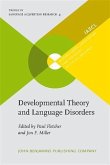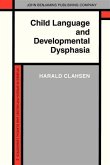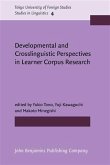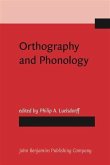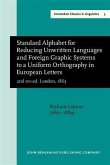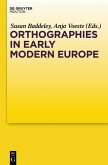Philip Luelsdorff's highly original approach to the grammar of orthography is to analyse in detail how German pupils learn about written English. In this collection of essays and experiments we are presented with the rich finds of a decade of programmatic research. The context is set with an exposition of current cognitive models of reading and spelling. Cognitive psychology and psycholinguistics meet in Luelsdorff's concept of linguistic error. This concept forms the basis from which it is possible to derive the grammar that governs our largely unconscious and vast knowledge of written words. It is proper to talk about a grammar for both orthographic and syntactic aspects of language. This is because spelling knowledge is not piecemeal or erratic but bears all the hallmarks of a system. Through second language orthography the author is showing us a new view of this advanced stage of spelling knowledge and its acquisition. This view is exciting because it seems now possible to form very detailed hypotheses as regards first language spelling about the order in which purely orthographic knowledge is developed.
Dieser Download kann aus rechtlichen Gründen nur mit Rechnungsadresse in A, B, BG, CY, CZ, D, DK, EW, E, FIN, F, GR, HR, H, IRL, I, LT, L, LR, M, NL, PL, P, R, S, SLO, SK ausgeliefert werden.

